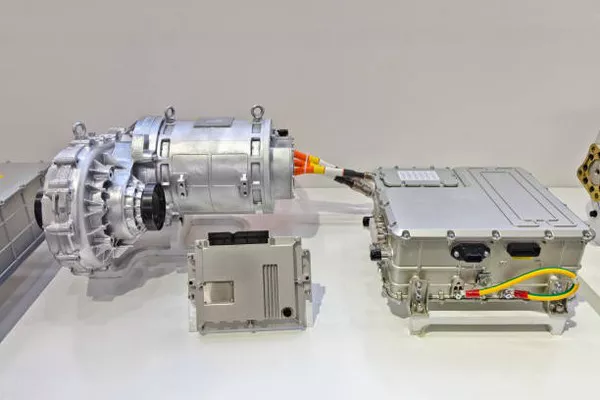Power generation is a critical aspect of modern life, with generators playing a pivotal role in ensuring a continuous and reliable power supply. One of the key considerations when evaluating the efficiency and cost-effectiveness of a generator is its fuel consumption. In this article, we will delve into the factors influencing fuel consumption in kilowatt (kW) generators and explore ways to optimize their efficiency.
Factors Influencing Fuel Consumption:
1. Generator Type and Technology:
Different types of generators employ various technologies, impacting their fuel consumption. Common generator types include diesel, gasoline, natural gas, and propane generators. Diesel generators are known for their fuel efficiency and are often preferred for large-scale applications. Gasoline generators, on the other hand, are more commonly used for smaller-scale operations due to their lower fuel efficiency. Natural gas and propane generators offer cleaner fuel options but may have varying consumption rates depending on the specific model and technology.
2. Load Size:
The load size, measured in kilowatts, directly influences a generator’s fuel consumption. Generators are most efficient when operating near their rated capacity. Running a generator at a partial load can lead to increased fuel consumption per kilowatt-hour produced. Therefore, it’s essential to choose a generator with an appropriate capacity for the expected load to maximize efficiency and minimize fuel consumption.
3. Generator Size and Efficiency:
The size and efficiency of a generator are critical factors affecting fuel consumption. Modern generators are designed with advanced technologies to optimize fuel efficiency. Investing in a high-quality generator with advanced features, such as variable speed control and smart load management, can contribute to reduced fuel consumption. Additionally, generators with a higher power factor tend to be more efficient, converting a larger portion of fuel into usable electricity.
4. Operating Conditions:
Environmental factors and operating conditions significantly impact fuel consumption. Generators operating in extreme temperatures, high altitudes, or humid conditions may experience variations in fuel efficiency. It’s crucial to consider the specific environmental conditions of the intended operating location when evaluating a generator’s fuel consumption. Regular maintenance, including air filter cleaning and fuel system checks, can also contribute to consistent performance and optimal fuel efficiency.
5. Maintenance Practices:
Proper and regular maintenance is key to ensuring the optimal performance of a generator. Dirty air filters, clogged fuel injectors, and worn-out components can contribute to increased fuel consumption. Scheduled maintenance, including oil changes, filter replacements, and overall system inspections, helps keep the generator in peak condition, minimizing fuel wastage and extending its lifespan.
Optimizing Fuel Efficiency:
1. Right-sizing the Generator:
Selecting the right-sized generator for the intended application is crucial for optimizing fuel efficiency. Oversized generators may operate at a partial load, leading to increased fuel consumption. Conversely, undersized generators may struggle to meet the required load, resulting in inefficient operation. Conducting a thorough load analysis and consulting with experts can help determine the appropriate generator size for specific needs.
2. Load Management:
Implementing effective load management strategies can contribute to reduced fuel consumption. Smart load controllers and energy management systems can automatically adjust the generator output based on the current load, ensuring optimal efficiency. This not only saves fuel but also prolongs the generator’s lifespan by reducing unnecessary wear and tear.
3. Fuel Quality:
The quality of the fuel used in generators can impact their efficiency. Using clean and high-quality fuel, along with proper fuel storage practices, helps maintain optimal combustion and minimize fuel system issues. Regularly monitoring fuel quality and investing in fuel filtration systems can contribute to long-term fuel efficiency.
See ALSO Portable Generator Accessories – A Comprehensive Guide
Conclusion:
Understanding the factors influencing fuel consumption in kW generators is crucial for making informed decisions when selecting, operating, and maintaining these critical power sources. By considering the generator type, load size, size, and efficiency, operating conditions, and maintenance practices, businesses and individuals can optimize fuel efficiency, reduce operational costs, and contribute to a more sustainable and reliable power supply. Choosing the right generator and adopting best practices for its operation and maintenance will ensure a balance between power needs and fuel economy in various applications.

